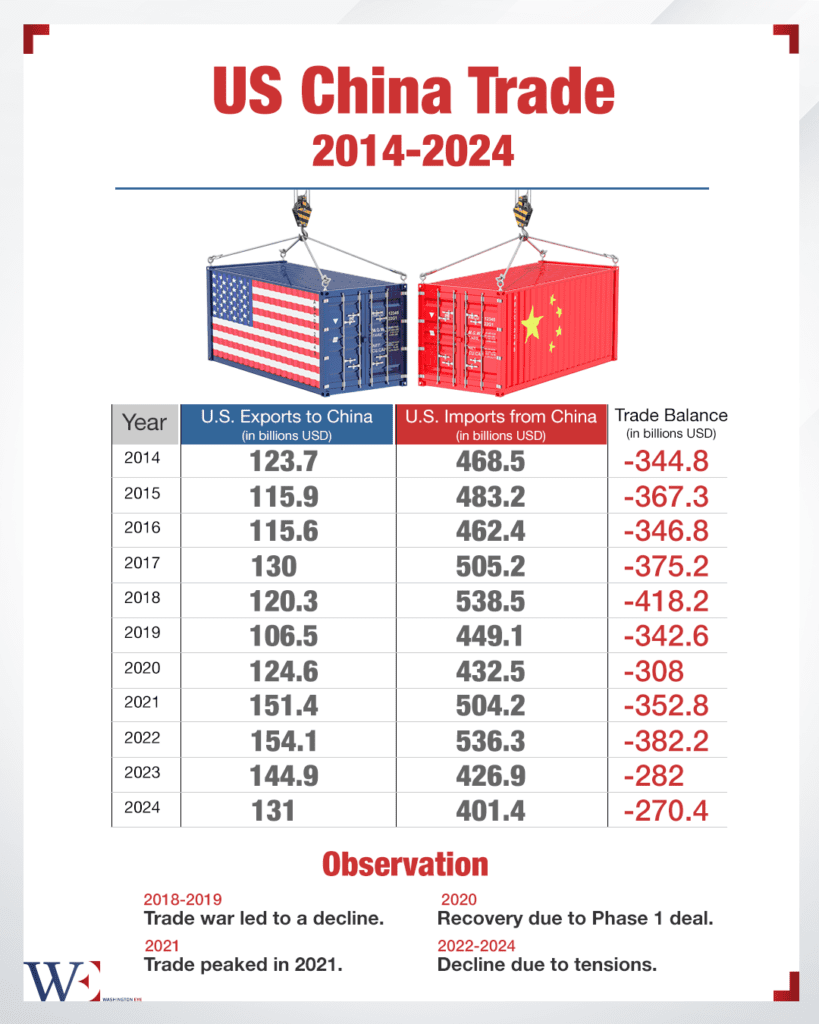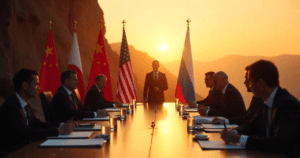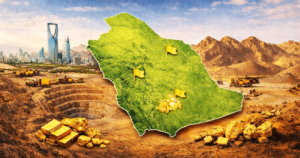In many ways, life on a local level appears stable. Our daily routines remain relatively untouched, and communities continue to function with a sense of normalcy. Yet beyond this veneer of stability, the world is increasingly defined by volatility.
Trade wars, real wars, social upheavals, and geopolitical tensions create an undercurrent of chaos that threatens the very fabric of modern society. The recent U.S. election, escalating tariffs, social media’s evolving role, and the ongoing conflicts in Yemen, Gaza, and Syria are stark reminders that our future cannot be built on predictions or historical patterns alone.
We are navigating an unprecedented era that demands a shift from a pursuit of efficiency and progress to one focused on resilience and sustainability.
The recent U.S. presidential election serves as a critical example of how local stability is often an illusion in the face of global instability. Despite the relative normalcy of the voting process and everyday political discourse, the election itself was marred by deep political divisions, foreign influence campaigns, and the ever-growing role of misinformation on social media platforms.
While life in American suburbs may feel unchanged, the larger political landscape is fraught with uncertainty, with tensions spilling over into international relations.
The outcome of the election has already influenced global markets, trade agreements, and security alliances, demonstrating the intricate link between local realities and global instability.
We are navigating an unprecedented era that demands a shift from a pursuit of efficiency and progress to one focused on resilience and sustainability.
Trade wars and economic nationalism have further exposed the fragile balance between local stability and global chaos. The continued U.S.-China trade war, marked by fresh tariffs and retaliatory measures in 2024, has disrupted supply chains and increased costs for consumers worldwide.
Companies that once thrived on global efficiency now face the daunting task of restructuring their operations to mitigate risks posed by geopolitical tensions. In Europe, new tariffs on Chinese electric vehicles have ignited tensions, illustrating how global economic shifts can directly impact local economies and consumer choices.
The lesson is clear: the pursuit of efficiency is no longer a sustainable strategy in an era where geopolitical shocks can upend entire industries overnight.

China’s assertive naval movements in the South China Sea and increased military presence in strategic waterways such as the Indian Ocean further contribute to global instability. While local economies continue to function in countries far from these flashpoints, the threat to international shipping lanes poses a direct challenge to global trade and economic security.
The increasing militarization of critical supply routes underscores the need for local communities to build self-sufficiency and reduce reliance on global supply chains that may be disrupted at any moment.
Social media, once hailed as a tool for connectivity and progress, has now become a battleground for influence and misinformation. Platforms that shape public opinion are increasingly weaponized to sow discord, manipulate narratives, and amplify polarisation. In 2024, we witnessed how social media was used to escalate tensions around elections and conflicts, often leading to real-world consequences. The challenge for societies is to foster digital literacy and resilience against disinformation while maintaining open discourse.
The increasing militarization of critical supply routes underscores the need for local communities to build self-sufficiency and reduce reliance on global supply chains that may be disrupted at any moment.
As we face this new era of uncertainty, the focus must shift towards building resilient communities that can withstand global shocks. This means investing in local food production, strengthening critical infrastructure, fostering civic engagement, and prioritising sustainability over short-term efficiency gains.
The future will belong to societies that can adapt and endure, rather than those that merely chase progress without accounting for the unpredictable forces shaping our world.
The path ahead requires a fundamental rethinking of our priorities. By focusing on resilience at the local level, we can create a foundation that shields communities from the destructive instability that defines the modern world.

















